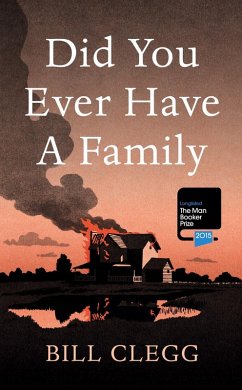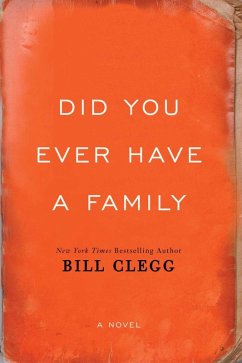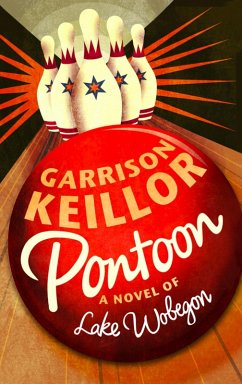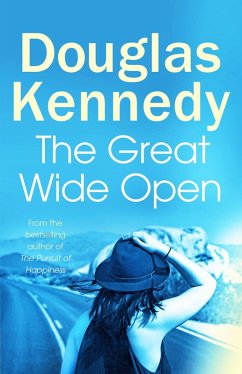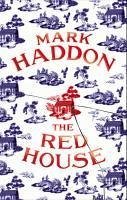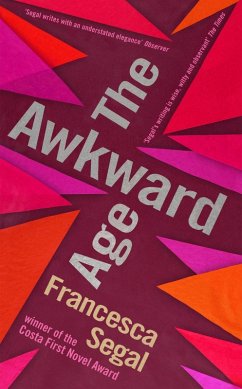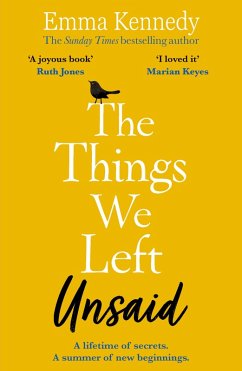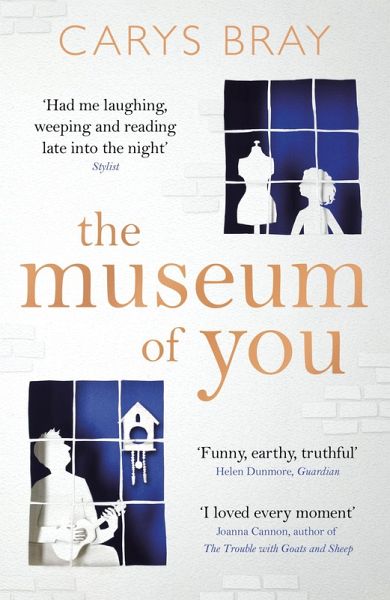
The Museum of You (eBook, ePUB)

PAYBACK Punkte
0 °P sammeln!
Clover Quinn was a surprise. She used to imagine she was the good kind, now she's not sure. She'd like to ask Dad about it, but growing up in the saddest chapter of someone else's story is difficult. She tries not to skate on the thin ice of his memories.Darren has done his best. He's studied his daughter like a seismologist on the lookout for waves and surrounded her with everything she might want - everything he can think of, at least - to be happy.What Clover wants is answers. This summer, she thinks she can find them in the second bedroom, which is full of her mother's belongings. Volume i...
Clover Quinn was a surprise. She used to imagine she was the good kind, now she's not sure. She'd like to ask Dad about it, but growing up in the saddest chapter of someone else's story is difficult. She tries not to skate on the thin ice of his memories.
Darren has done his best. He's studied his daughter like a seismologist on the lookout for waves and surrounded her with everything she might want - everything he can think of, at least - to be happy.
What Clover wants is answers. This summer, she thinks she can find them in the second bedroom, which is full of her mother's belongings. Volume isn't important, what she is looking for is essence; the undiluted bits: a collection of things that will tell the full story of her mother, her father and who she is going to be.
But what you find depends on what you're searching for.
Darren has done his best. He's studied his daughter like a seismologist on the lookout for waves and surrounded her with everything she might want - everything he can think of, at least - to be happy.
What Clover wants is answers. This summer, she thinks she can find them in the second bedroom, which is full of her mother's belongings. Volume isn't important, what she is looking for is essence; the undiluted bits: a collection of things that will tell the full story of her mother, her father and who she is going to be.
But what you find depends on what you're searching for.
Dieser Download kann aus rechtlichen Gründen nur mit Rechnungsadresse in A, B, BG, CY, CZ, D, DK, EW, E, FIN, F, GR, HR, H, IRL, I, LT, L, LR, M, NL, PL, P, R, S, SLO, SK ausgeliefert werden.




